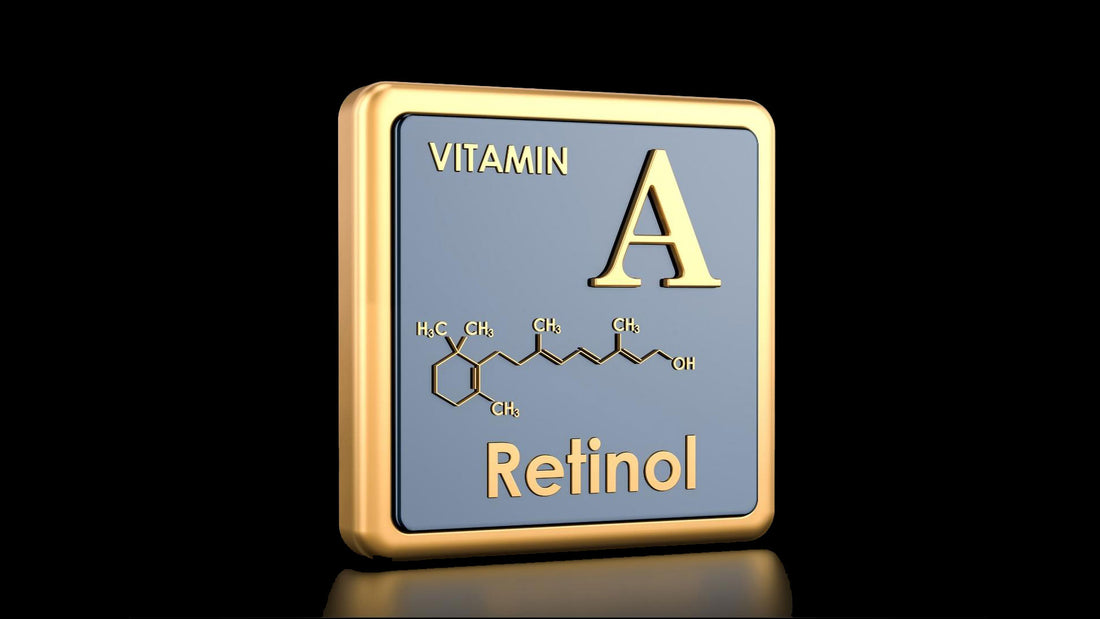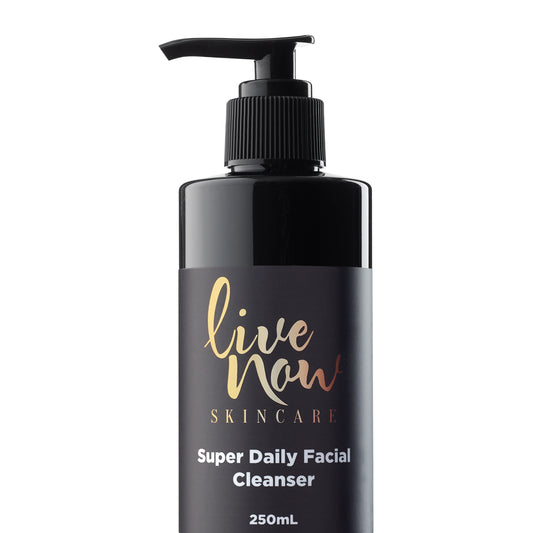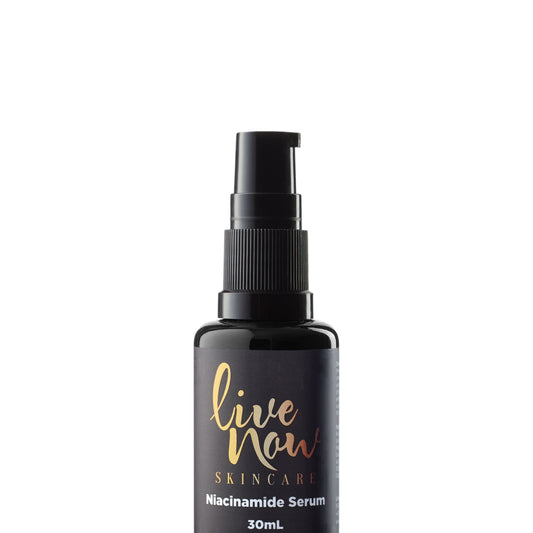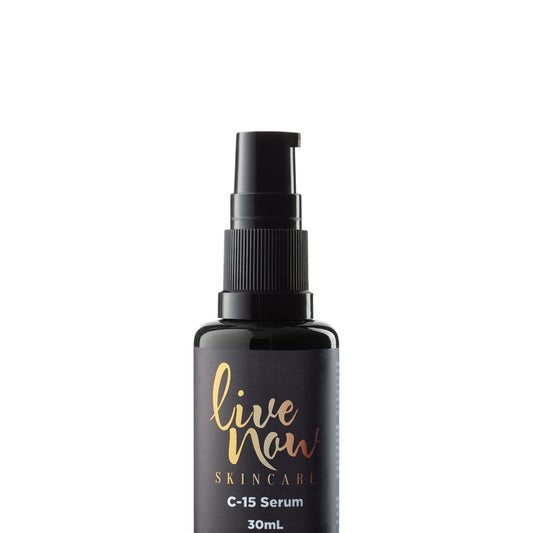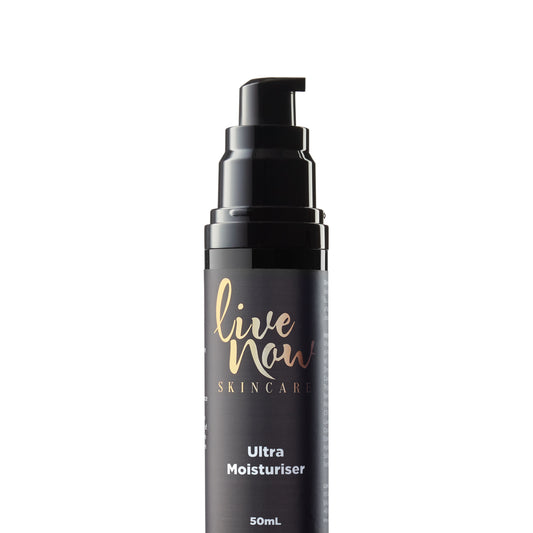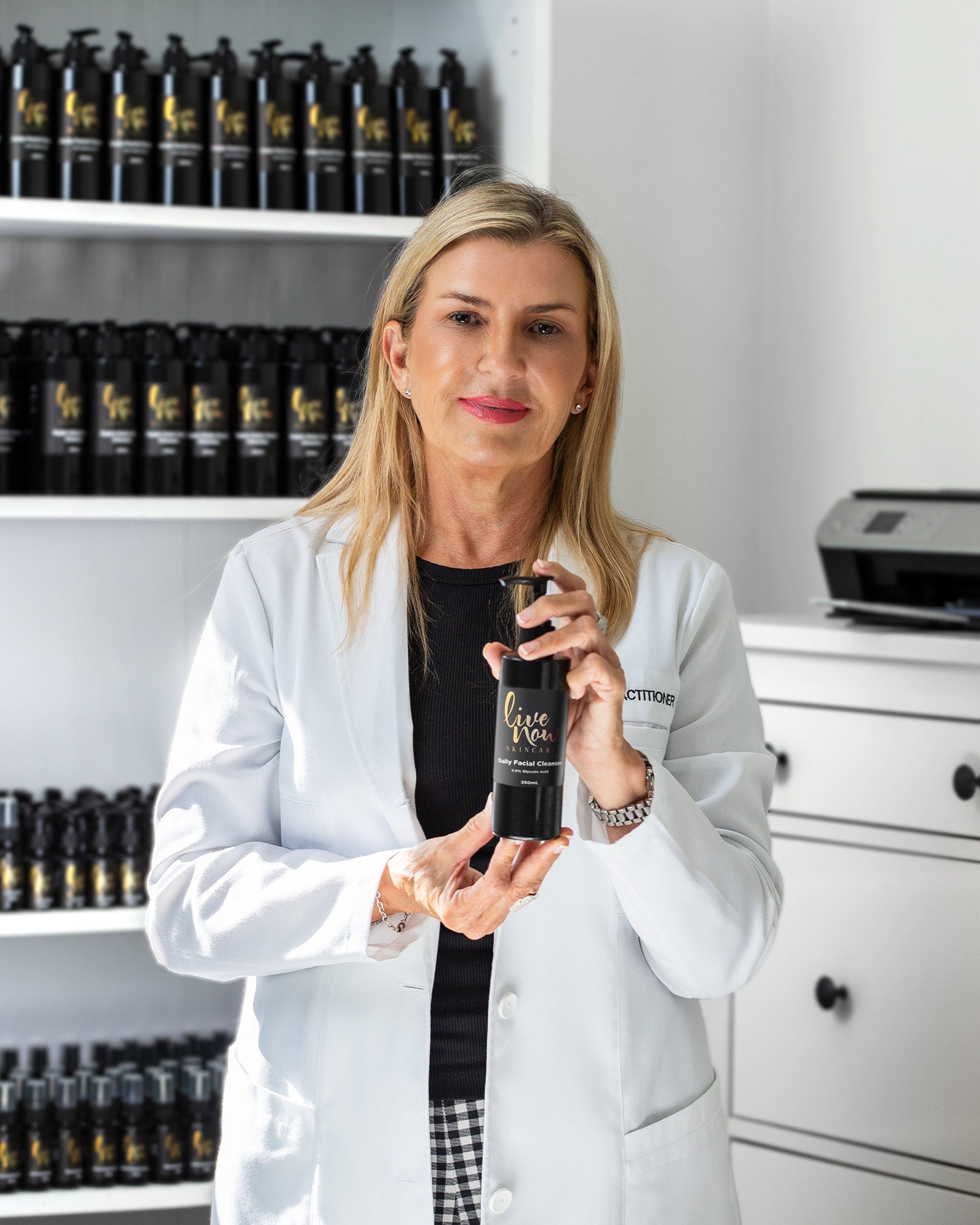Retinol has been a key player in the cosmetics industry since the 70s. An over-the-counter ingredient made from Vitamin A, it is known for its ability to improve skin texture, reduce wrinkles and lines, and fade age spots.
Nevertheless, despite its fantastic skin benefits, many are still not familiar with what Retinol really does or how they should use skincare products containing Retinol.
What is Retinol?
Retinol is one of few types of retinoids that include Retinal, Retinoic Acid, and Retinyl Esters. All retinoids are a derivative of Vitamin A, the first vitamin approved by the FDA as an anti-ageing treatment. However, Retinol is the most commonly used retinoid within the cosmetics industry.
Over-the-counter (OTC) Retinol comes in a strength of up to 2%, which is completely safe as a topical treatment. That being said, Retinol is not the same product as the more powerful prescription retinoids. However, Retinol is still the most potent version of retinoid available without a prescription, and skin experts confirm that over-the-counter Retinol of up to 2% is effective and beneficial as a treatment for numerous skin conditions.
How Does Retinol Work?
Retinol is a topical skincare product applied directly to the skin. It is proven to penetrate the upper epidermis layer known as stratum corneum, which is related to the last stage of keratinocyte maturation and development.
When Retinol gets directly to the keratinocyte, it accesses its interior and connects to a suitable receptor. In our upper epidermis skin layer, there are four types of receptors that “love” Retinol, which means that the ingredient is welcomed hassle-free by our dermal layers. The interaction between Retinol and any of these receptors improves the skin barrier and reduces transepidermal water.
A study found that Retinol improved the appearance of wrinkles around the eyes and on the neck after eight weeks of use. The study found that Retinol had more minor effects but remains effective in increasing epidermal thickness and collagen expression.
Additionally, scientific evidence shows that Retinol can affect deeper skin layers, such as the dermis. As a result, the ingredient supports cell growth and turnover, as well as collagen production. This rejuvenating capability provides excellent protection against wrinkles. However, it is also beneficial in treating dermatological conditions, such as eczema, melasma, and even acne.
In fact, multiple studies report that Retinol also has peeling and antibacterial properties making it a dermatologists-recommended treatment for acne and rosacea. Patients suffering with these two skin conditions may find relief by introducing Retinol into their skincare routine because of its anti-inflammatory function and ability to reduce redness.
Retinol Has Numerous Skin Benefits and Applications
Some of Retinol’s skin benefits and applications include:
- Anti-aging protection against collagen loss and stimulation of elastin production.
- Antioxidant protection against free radicals, harmful sun UVB lights, environmental chemicals and air pollution.
- Smoothness and tightness of the skin and prevention from aging signs such as wrinkles and fine lines.
- Scar treatment, uneven skin texture and sun or acne spots.
- Anti-inflammatory and antibacterial properties that work against acne, including a hormonal adult form of acne.
- Rosacea, melasma, and other hyperpigmentation conditions that require remedies against redness.
- Peeling and cleansing effect against the dead cells, dark spots, as well as enlarged and clogged pores.
Retinol Side Effects. Can Retinol Be Harmful?
Although Retinol has been considered safe, FDA-approved, and widely recommended by dermatologists, there are possible side effects related to topical application.
Some common side effects of Retinol include:
- Irritation
- Itching
- Peeling
- Dryness
- Redness
These side effects are typically mild and go away after a few weeks of continued use. It is important to start slowly using products containing Retinol of no more than 0.3 and increase usage gradually as your skin adjusts.
Only a tiny fraction of individuals who use Retinol may experience more severe side effects, including:
- Acne flair ups
- Skin discolorations
- Photosensitivity to UV light
- Blistering
- Swelling
Your risk for side effects may be greater if you use more than one retinol-containing product at the same time.
When Retinol is in higher concentration or first introduced into the skincare routine, dermatologists recommend using it twice or three times per week rather than daily. Retinol can be used every night only when the skin has adjusted properly to the ingredient.
Most importantly, however, it is essential to apply Retinol in the evenings as it makes the skin more sensitive to sunlight. Dermatologists also advise combining evening Retinol application with morning sunscreen protection.
Sources
- Chivot M. (2005). Retinoid therapy for acne. A comparative review. American journal of clinical dermatology, 6(1), 13–19. https://doi.org/10.2165/00128071-200506010-00002
- Kong, R., Cui, Y., Fisher, G. J., Wang, X., Chen, Y., Schneider, L. M., & Majmudar, G. (2016). A comparative study of the effects of Retinol and retinoic acid on histological, molecular, and clinical properties of human skin. Journal of cosmetic dermatology, 15(1), 49–57. https://doi.org/10.1111/jocd.12193
- Rigopoulos, D., Ioannides, D., Kalogeromitros, D., & Katsambas, A. D. (2004). Comparison of topical retinoids in the treatment of acne. Clinics in dermatology, 22(5), 408–411. https://doi.org/10.1016/j.clindermatol.2004.03.013
- Sadick, N., Edison, B. L., John, G., Bohnert, K. L., & Green, B. (2019). An Advanced, Physician-Strength Retinol Peel Improves Signs of Aging and Acne Across a Range of Skin Types Including Melasma and Skin of Color. Journal of drugs in dermatology: JDD, 18(9), 918–923.
- Varani J, Warner RL, Gharaee-Kermani M, et al. Vitamin A antagonizes decreased cell growth and elevated collagen-degrading matrix metalloproteinases and stimulates collagen accumulation in naturally aged human skin. J Invest Dermatol. 2000;114:480–6. [PubMed] [Google Scholar]
- Zasada, M., & Budzisz, E. (2019). Retinoids: active molecules influencing skin structure formation in cosmetic and dermatological treatments. Postepy dermatologii i alergologii, 36(4), 392–397. https://doi.org/10.5114/ada.2019.87443

